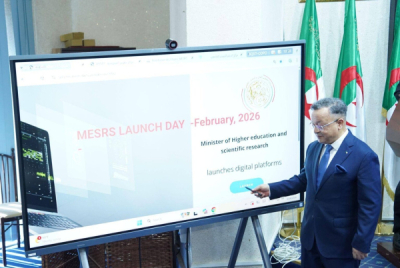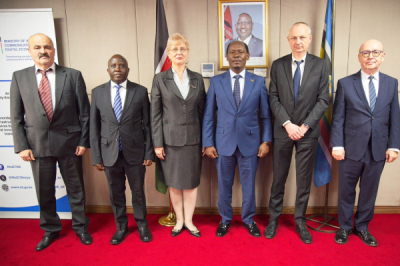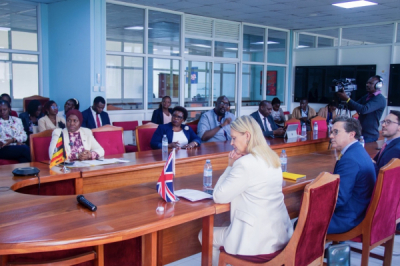-
Morocco signed a $22 million deal with China’s Jungnong to boost precision farming
-
The project targets drought-hit semi-arid regions with smart irrigation and soil tech
-
A new training center will prepare local workers for high-tech agriculture jobs
Morocco is turning to agricultural technology as a tool to reinforce its food security in the face of climate challenges. Last week, the Moroccan Ministry of Agriculture signed a $22 million investment agreement with Jungnong, the Hong Kong-based subsidiary of China Agricultural Development Group.
The project aims to deploy precision farming technologies in Morocco’s semi-arid regions, which are especially vulnerable to drought and water management challenges.
The plan includes digital platforms for soil nutrition management, remote monitoring systems, and real-time optimization tools for crop irrigation and fertilization. According to simulations provided by Jungnong, these technologies could boost agricultural yields by more than 20% per hectare. However, experts stress that these projections must be validated through field trials and independent assessments.
Beyond technology deployment, the partnership will also establish a training center focused on smart farming. The goal is to train several hundred Moroccan workers in new agricultural technologies. This is particularly relevant in a sector where 70% of farms are family-run, according to Morocco’s Economic, Social, and Environmental Council.
The initiative is part of Morocco’s “Generation Green 2020–2030” strategy, which emphasizes digitalization and skills development as key drivers for transforming the rural economy. Agriculture Minister Ahmed El Bouari described the project as “an integrated development model combining technology with social impact.”
If successful, Morocco’s approach could serve as a model for other countries in the Middle East and North Africa (MENA) region that face similar challenges with productivity, water scarcity, and climate resilience. However, the project’s success will depend on Jungnong’s ability to adapt its solutions to local conditions, ensure effective skills transfer, and deliver measurable results in yields and food security.



















